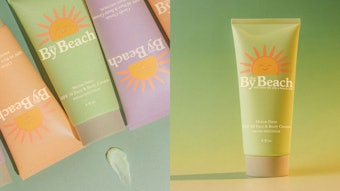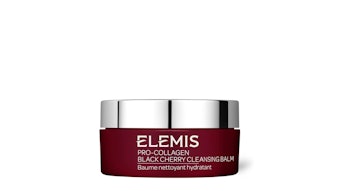
The global skin care market— worth $130.7 billion in 2016 —is expected to grow about 5% annually between now and 2023. Within this market, thousands of brands are vying for billions of customers. Now that beauty consumers are accustomed to personalized experiences, skin care brands have to do more than provide base-level products to stand out in a saturated market. However, clients often see through brands’ gimmicks and inauthentic attempts at being trendy. Brands must be genuine in their differentiation to provide tangible distinctions that customers care about. Ingredient stories result in more than just product credibility; they also pique consumer interest and create brand distinction. To earn a share of this growing skin care market, beauty skin care brands must keep their products innovative and authentic by offering consumers the following three things.
1. A Story That Resonates
Clients can plainly see what they’re buying, but rarely do they learn about the stories behind the products. With skin care brands, the “why” behind a product can be as big a differentiator as any of its features. The packaging and other promotional material used by the product lines you carry should provide your clients with cohesive messages about what makes the product unique. Explain where the idea originated, outline the reasons behind using certain ingredients, or tie the product’s story to a cause the brand supports. Laying out the stories behind the products you carry will help the skin care brand connect with clients.
2. A Unique Take on Products
Clients see many beauty products as interchangeable commodities. Companies that offer products that clients haven’t seen before will earn more business than ones that continue to sell the same items. Textural skin care products, for example, promise to be big trendsetters this year. We believe that customers are excited to try products, from color-changing foams to jelly masks, that challenge what they think they know about skin care. Some other products change forms—from gels to powders or from powders to creams—with use, which adds a bit of excitement for millennial consumers who crave new experiences. Of course, skin care brands can’t sacrifice effectiveness to embrace gimmicks. Consumers still prioritize skin that looks and feels good over opportunities to experience new sensations. The key is to maintain or improve the efficacy of the products while creating a delivery system that urges customers to take notice.
3. Targeted Solutions to Problems
Brands like Amazon have raised consumer expectations for personalization from companies both big and small. Because of this, clients now expect brands to provide more options that match their unique needs and lifestyles. Anti-pollution products meet this personalization need well. Beauty buyers in urban settings know their surroundings contribute to pollution, so when they find sustainably made products that remove pollutants from their skin, they jump at the chance to try them. Just as our skin changes every year, consumer demands for skin care evolve over time. By addressing consumer demands for sustainability and personalization, beauty brands can stand out from the competition and earn more loyal customers.










